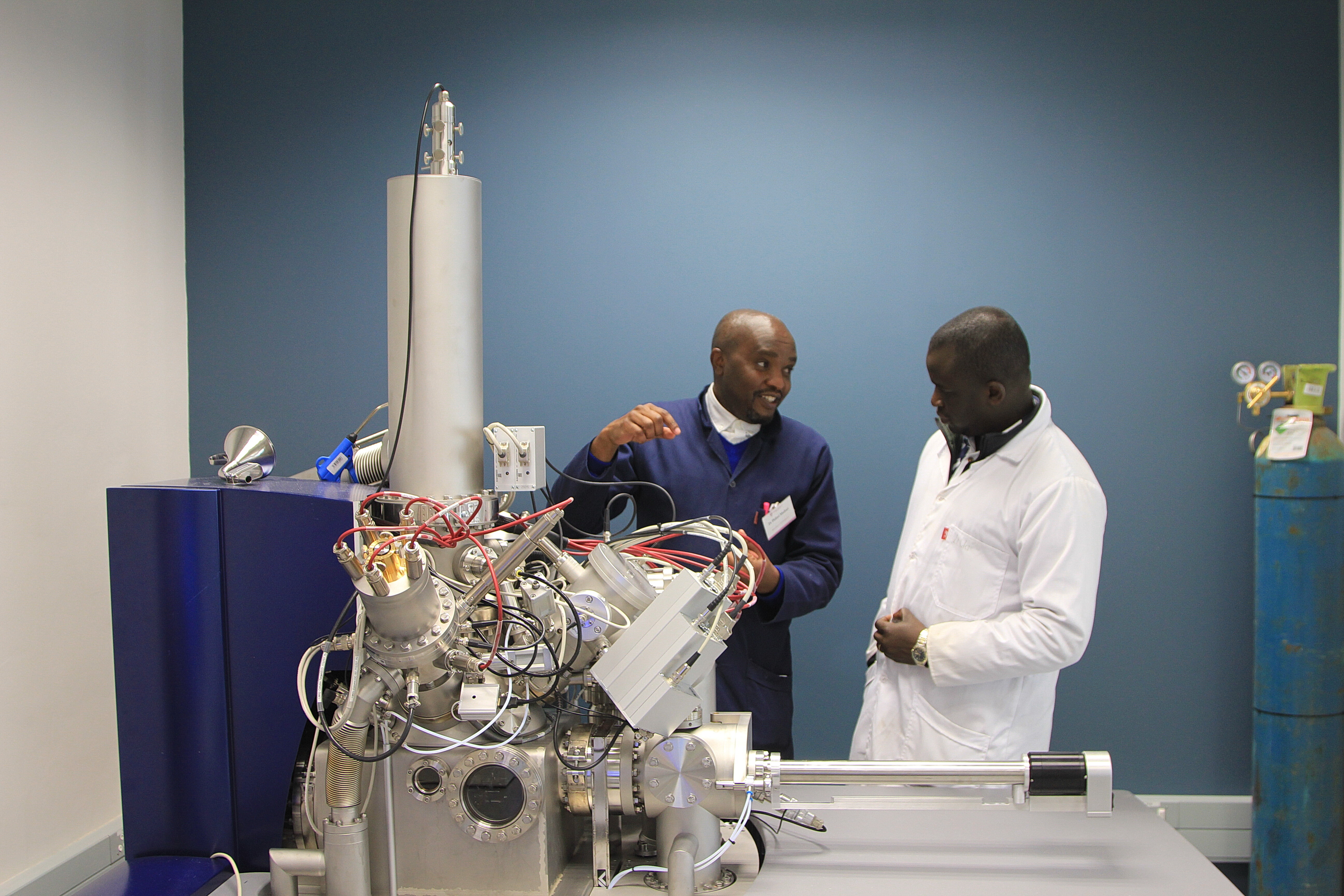It is generally accepted that context matters a great deal to text and all forms of communication, so much so that American painter Kenneth Noland is famed for proclaiming that “context is the key – from that comes the understanding of everything”.
The Daily Maverick opinion article by Dr Mariette van der Walt titled “New postdoc study funding rules threaten the very foundation of scientific progress” is perturbing to the National Research Foundation (NRF) for its failure to reflect on the context underpinning the Postdoctoral Fellowships Framework Document published in February. This is a transformational framework document reviewed every academic year.
In 2013, the Department of Science and Innovation (DSI) issued the NRF with the “Ministerial Guidelines on Improving Equity in the Distribution of Bursaries and Fellowships Made Through the National Research Foundation and Funded by the Department of Science and Technology”.
These guidelines were meant to assist the NRF to ensure that the bursaries and fellowships become an effective instrument for change, ie improve representativity and the absorption of the skills produced by the South African science system.
The guidelines assisted the department to direct and coordinate the development of high-level skills in the system. It should be noted that these guidelines were aimed at enhancing Human Capacity Development support effectiveness, efficiency and impact, increasing public accountability and improving alignment of the department’s policy with that of broader government and facilitating equitable access to postgraduate studies.
The fundamental principles underpinning these guidelines were representativity; improved efficiencies; and prioritisation of science, engineering, and technology-related disciplines. The ministerial targets were set as follows:
- 87% to South Africans (including permanent residents);
- 5% to students from the Southern African Development Community (SADC);
- 4% to students from the rest of Africa; and
- 4% to students from non-African countries.
From 2020, the NRF became explicit in its framework and call documents about the national imperative of equity and redress. The NRF Postdoctoral Programme must prioritise support for appropriately qualified applicants from designated groups, viz South African citizens (excluding permanent residents) who are black (African, coloured, and Indian), women, and people with disabilities.
The equity targets for the NRF Postdoctoral Fellowships are 80% South African citizens and permanent residents; and 20% citizens from other countries including the Southern African Development Community (SADC).
As a result of this, a sharp increase in the proportion of SA citizens, SA blacks and SA females was demonstrated from 2019 to 2023. Significant progress has been made to transform and increase the participation of South African citizens, SA black and SA female postdoctoral cohort.
From 1999, the NRF supported 33% of SA citizens, 67% of international fellows, 3% SA black and 17% SA female. Comparatively in 2023, the NRF supported 70% of SA citizens, 30% of international fellows, 57% SA black and 43% SA female.
The NRF awards fellowships through two modalities, viz free-standing competitive grants, and grant holder-linked fellowships to Centres of Excellence (CoE), South African Research Chairs (SARChI) or research projects funded by the NRF.
An analysis of the overall percentage of all beneficiaries from 2020 to 2023 shows that the freestanding fellowships awarded in Human and Infrastructure Capacity Development (HICD) supported 94% of SA citizens, 6% of international fellows, 77% SA black and 58% SA female.
Under the CoEs and SARChI, the performance was 44% of SA citizens, 56% of international fellows, 24% SA black and 25% SA female. And this was below the stipulated target as indicated in the framework and call documents. The NRF continues to work closely with the institutions and grant holders in ensuring that the NRF targets as indicated in the framework and call documents are met.
The Ministerial Guidelines have served the sector well during the period 2013 to 2020 and have formed the basis for developing the DSI-NRF Postgraduate Funding Policy that was approved by the NRF Board and subsequently by Minister Blade Nzimande in May 2020.
The NRF is also of the view that support for postdoctoral fellows as early career/emerging researchers warrants a comprehensive and holistic approach and policy for DSI-NRF-funded postdoctoral fellows.
This policy may be informed by, among others, the White Paper on Science Technology and Innovation (2019); the Ministerial Task Team (MTT) Report on the Recruitment, Retention and Progression of Black Academics at South African Universities (2019); the Study on Building a Cadre of Emerging Scholars for Higher Education in South Africa (2018); and the Study on the Retention, Completion and Progress Rates of South African Postgraduate Students (2015).
There is a need to develop a policy for DSI-NRF-funded postdoctoral fellows to strategically invest in this cohort of emerging researchers. DM
Dr Mbulelo Ncango is the Senior Manager: Next Generation and Emerging Researchers at the National Research Foundation (NRF).




